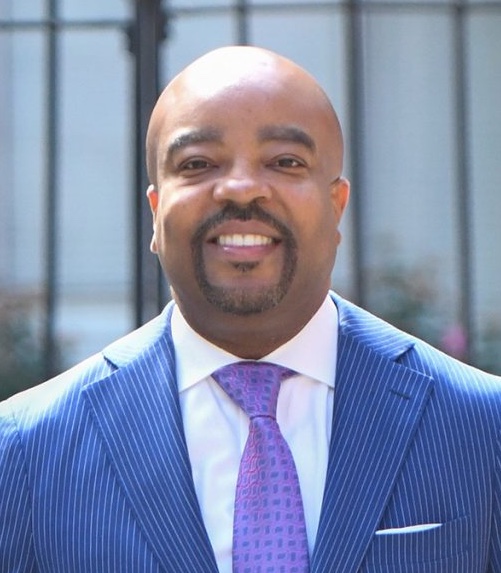U.S. children and teens have struggled with increasing rates of depression, anxiety and suicidal behavior for much of the past decade. With the losses and disruptions of COVID-19, the onslaught of social media, and escalating gun violence, the youth mental health crisis has exploded. The American Academy of Pediatrics has declared it a national emergency, and the U.S Surgeon General has issued a public health advisory calling for a comprehensive, coordinated response to the needs of young people. More than one in three high school students experienced poor mental health during the pandemic, and nearly half report persistently feeling sad or hopeless. Racial trauma, discrimination, hostility and barriers to care have compounded the struggles for young people of color, especially Black children and LGBTQ+ youth. Counseling, outpatient therapy, hospital beds and residential facilities for children and youth are in severely short supply. In this webinar, we’ll explore the systemic causes and policy failures that have accelerated the crisis and its inequitable impact, as well as promising community-driven approaches and evidence-based practices. The webinar will provide fresh ideas for reporting on the mental health of youth and investigating the systems and services.

Julie Kaplow, Ph.D. is the executive vice president of trauma and grief programs and policy at the Meadows Mental Health Policy Institute. She is the executive director of the Trauma and Grief Centers at The Hackett Center for Mental Health in Houston and the Children’s Hospital New Orleans, and a professor of psychiatry at Tulane University School of Medicine. She is a licensed clinical psychologist who oversees the development and evaluation of novel treatments for traumatized and bereaved youth. She is also CEO of the Lucine Center, a group practice that provides no-cost tele-therapy to youth across Texas and Louisiana who have been exposed to traumas and losses. Dr. Kaplow and her team are currently assisting in coordinating the mental health response for children and families in Uvalde, Texas, following the Robb Elementary School shooting. She is lead author of “Multidimensional Grief Therapy,” co-author of “Trauma and Grief Component Therapy for Adolescents,” and co-author of “Collaborative Treatment of Traumatized Children and Teens: The Trauma Systems Therapy Approach.” Dr. Kaplow received her BA in psychology from the University of Michigan and her Ph.D. in clinical psychology from Duke University. She completed her internship at Boston Children’s Hospital/Harvard Medical School and postdoctoral training at the Center for Medical and Refugee Trauma at Boston Medical Center.
Dr. Michael A. Lindsey, Ph.D., is the Dean and Paulette Goddard Professor of Social Work at NYU Silver School of Social Work. He is a noted scholar in the fields of child and adolescent mental health, as well as a leader in the search for knowledge in and solutions to generational poverty and inequality. He leads the working group of experts supporting the Congressional Black Caucus Emergency Task Force on Black Youth Suicide and Mental Health, which created the report “Ring the Alarm: The Crisis of Black Youth Suicide in America.” Dr. Lindsey is an Aspen Health Innovators Fellow, a Distinguished Fellow of the National Academies of Practice in Social Work, and a Fellow for the American Academy of Social Work and Social Welfare. He serves on the editorial boards of the influential journals, including Administration and Policy in Mental Health and Mental Health Services Research, Journal of Clinical Child and Adolescent Psychology, Psychiatric Services, School Mental Health, and Prevention Science. Dr. Lindsey was appointed by CDC to serve on the Community Preventive Services Task Force. He holds a Ph.D. in social work and an MPH from the University of Pittsburgh, an MSW from Howard University, and a BA in sociology from Morehouse College.
Abigail Kramer is a public policy journalist in New York City, writing about government and its impact on people.
This webinar is free and made possible thanks to the generosity of the Kristy Hammam Fund for Health Journalism.





Comments (0)